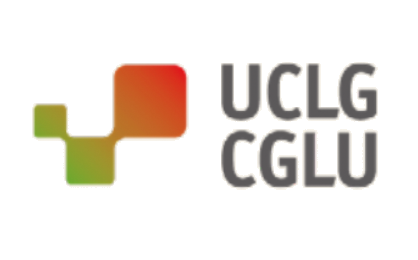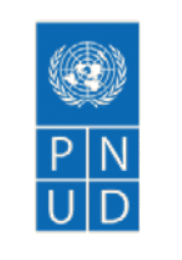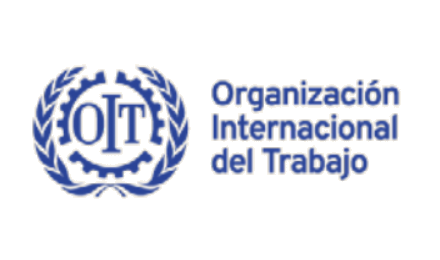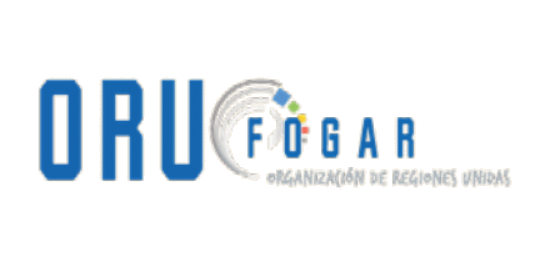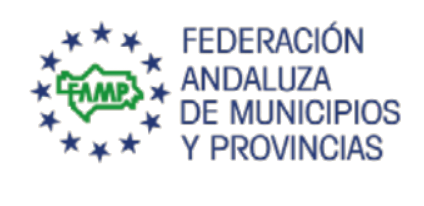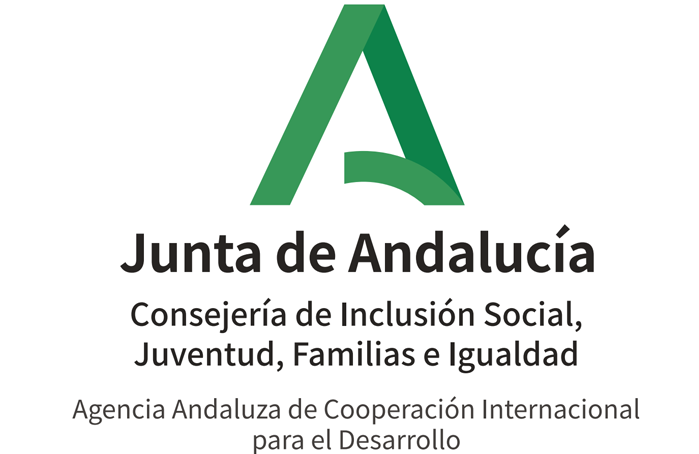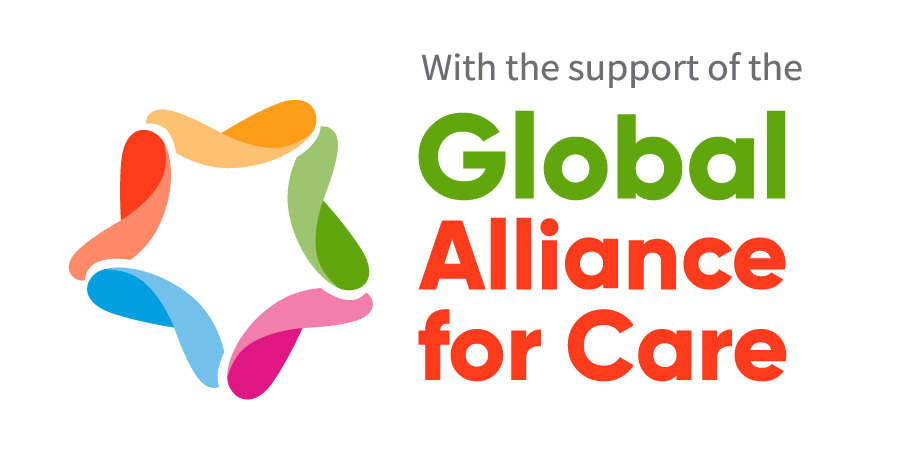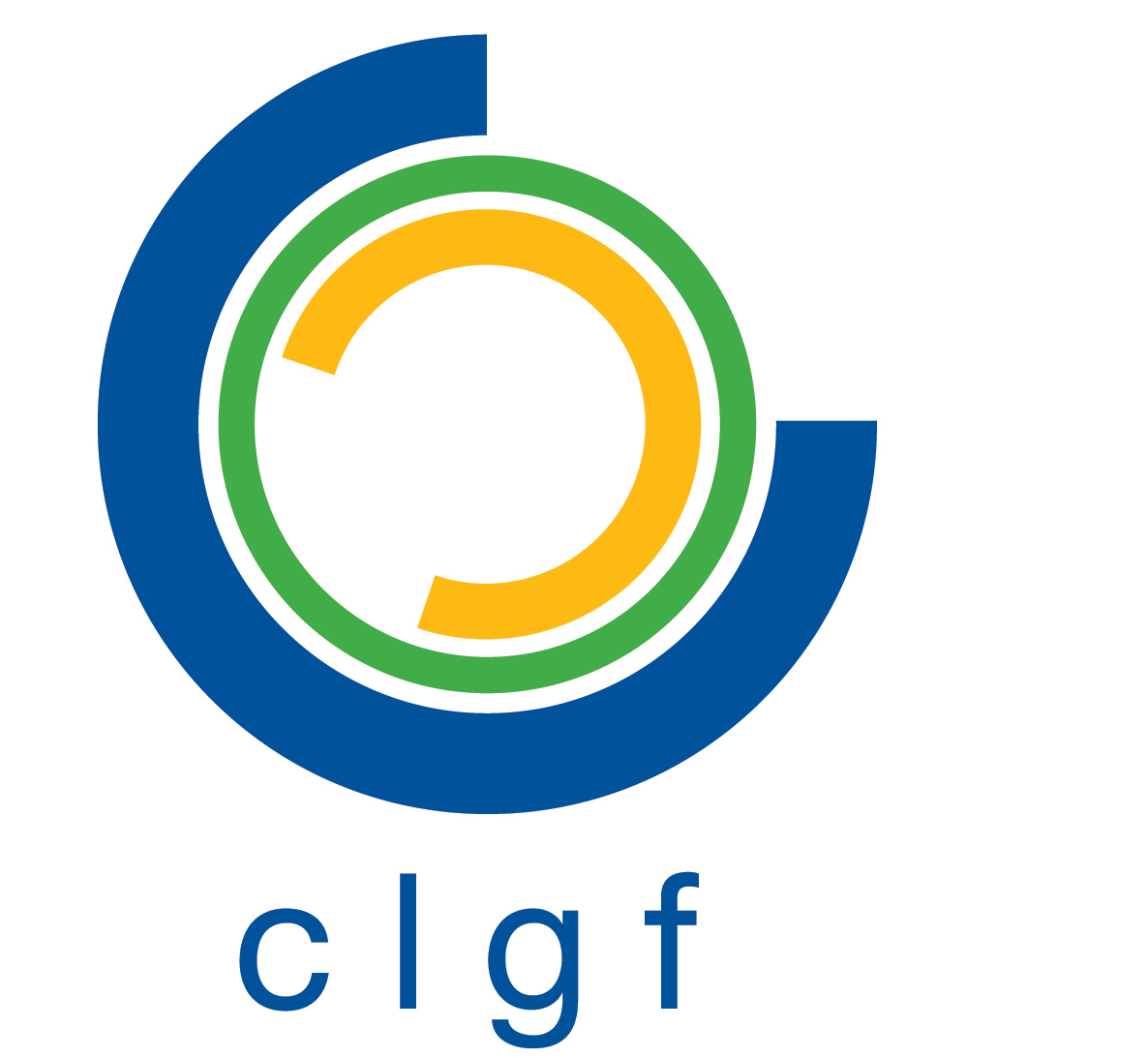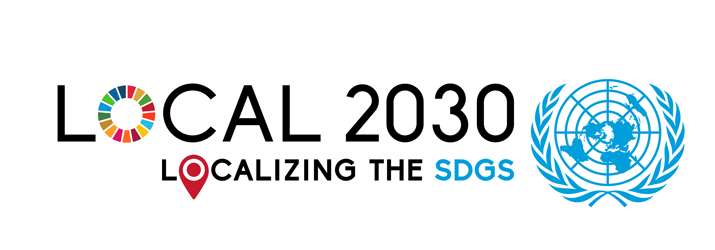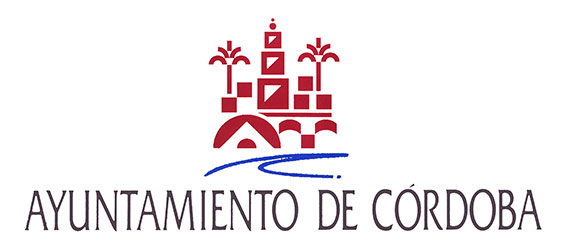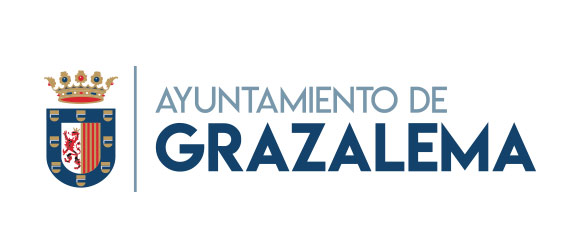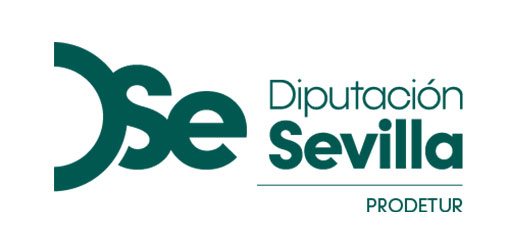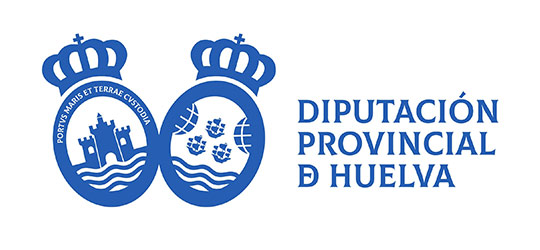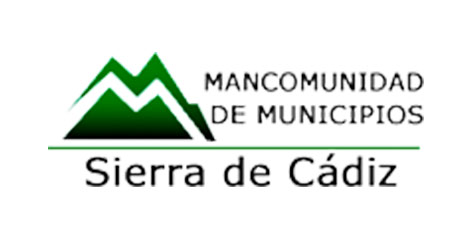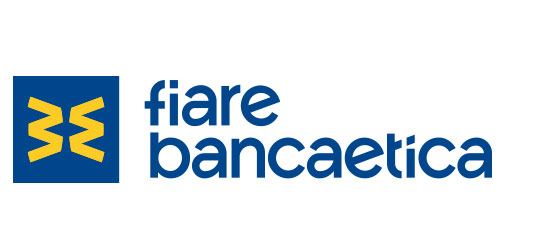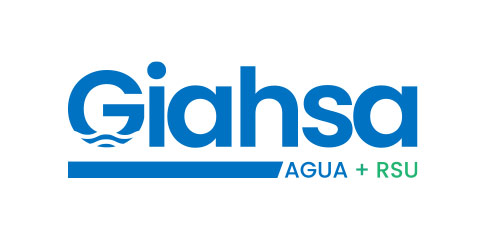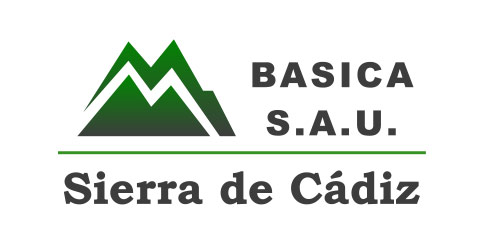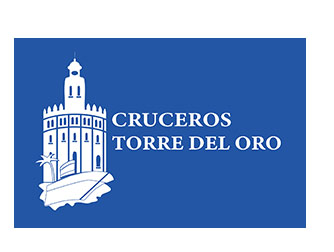Just Transition, financing for development and territorial solutions
Just Transition, financing for development and territorial solutions
In an increasingly globalized world, the connection between economic growth, sustainability, and social cohesion serves as a fundamental pillar for reducing inequalities and achieving progress that cares for both people and the planet.
In 2015, the adoption of the 2030 Agenda for Sustainable Development by the United Nations General Assembly laid the foundation for an action plan to address, with a universal and integrated approach, the three key dimensions of sustainable development: economic, social, and environmental.
Other specific agreements and implementation frameworks, adopted between 2015 and 2016, further strengthened this global development agenda. The goals of the Paris Agreement include the global reduction of greenhouse gas emissions and advocate for a transition toward a net-zero emissions world. The Addis Ababa Action Agenda outlines a global framework for financing sustainable development and focuses on the means of implementing the Sustainable Development Goals (SDGs). The New Urban Agenda calls for multilevel, coordinated, integrated, and localized implementation of sustainable development and represents a shared vision for improving the physical design of our territories and urban spaces.Localizing Development Agendas.
However, almost all indicators show that it is unlikely that we will achieve the majority of the SDGs by the 2030 target date. According to the 2024 Sustainable Development Goals Report, only 17% of the SDG targets are currently making progress, nearly half show minimal or moderate progress, and over one-third are stagnant or regressing. Therefore, it is urgent to turn these global agendas into effective actions, which also implies acting from the local level.
While the SDGs provide a universal vision for addressing issues such as poverty and climate change, their effectiveness depends on how they are adapted to the specific realities of each community. Indeed, the 2030 Agenda repeatedly emphasizes the need to “localize” the SDGs, creating conditions for more relevant and effective strategies, taking into account that each territory has unique characteristics, challenges, and opportunities. Moreover, a territorial approach also strengthens local empowerment by involving communities in planning and implementing sustainable initiatives, enhancing not only the effectiveness of solutions but also promoting greater acceptance and commitment to the goals.
Recurring events have led to the recognition of the need and urgency to rethink how we address the fundamental challenges facing our world. For example, the Pact for the Future of Humanity, adopted as an agenda by United Cities and Local Governments (UCLG) at their Seventh World Congress in Daejeon, Republic of Korea, in October 2022, reaffirms the development concepts established in the 2030 Agenda. It particularly advocates for a multilevel and multi-stakeholder approach to local economic development, proposing a re-discussion of its foundational principles, emphasizing a path towards a new care-based economy centered on people and territories as their natural scope, focusing on the construction of public goods.
In a similar direction, the United Nations resolution on the Promotion of the Social and Solidarity Economy (SSE) for sustainable development, adopted in 2023, is positioned. SSE entities are characterized by their deep-rootedness in the territory and a distinct way of doing business centered on people.
The current context of polycrisis marks a moment of reflection on the development paradigm, achieving the SDGs, and priorities such as employment and, more generally, the search for instruments to generate and implement territorial policies based on human rights and aimed at reducing inequalities. The High-Level Expert Panel of the United Nations Committee on Food Security and Nutrition in 2023 supports this view.
In this context, local economic development (LED) strategies emerge as essential tools to integrate sustainable and inclusive social, environmental, and economic policies in cities and territories.
The LED approach is a participatory development process that stimulates partnerships between key public and private actors in a defined territory, enabling both the design and implementation of a common development strategy that leverages local resources and competitive advantages in a global context with the aim of sustainably and inclusively stimulating economic activity.
Many countries develop development plans that align their national objectives with global agendas, and integrating local economic development into these plans is key to empowering local communities and enabling them to manage their own development. Decentralization is an important strategy that allows local communities to design policies tailored to their specific realities and needs, promoting inclusion and equity, and ensuring that development benefits all sectors of society, strengthening social cohesion and reducing inequalities.
In this sense, a local economic development (LED) strategy, designed and implemented through participation and social dialogue, public/private partnerships, and the valorization of local resources, offers numerous benefits. It empowers citizens by involving them in decision-making, strengthening a sense of ownership and responsibility; addresses economic and social inequalities to reduce gaps between different societal groups; tackles environmental sustainability by promoting economic practices that preserve natural resources for future generations; and promotes economic diversification, reducing dependence on a single industry or sector, and bolstering the local economy in the face of external crises. It can also strengthen links between urban and rural areas, for example, through the application of the United Nations Declaration on the Rights of Peasants and Other People Working in Rural Areas.
Despite its numerous benefits, local economic development also faces several challenges. Financial limitations are a significant barrier since local populations often face budgetary constraints that can restrict their ability to implement development projects. Additionally, a lack of technical and administrative capacity can hinder the effective planning and execution of initiatives. Coordination and collaboration across different government levels and local actors, avoiding fragmented efforts and duplication of resources, is also a challenge. Another issue is ensuring innovative solutions so that projects are environmentally sustainable and economically viable in the long term.
To overcome these challenges and strengthen the design and implementation of local economic development strategies, a set of actions needs to be put in place. Investing in training and capacity building for community leaders and local officials is essential to develop the necessary skills to manage projects effectively. Facilitating access to funding and financial resources through development finance, public-private partnerships, and innovative financing mechanisms can help overcome financial limitations. Promoting the use of innovative technologies can enhance the efficiency and effectiveness of projects. Fostering collaboration among different actors, including the private sector, civil society, and international organizations, is crucial to ensuring an integrated and coordinated approach to local economic development. The role of universities and knowledge society, innovation, and applied research are key for transformation, acceleration, and the development of human capital aligned with local priorities.
Given that there are a little over five years left to achieve the Sustainable Development Goals, this is a crucial moment to strengthen collaboration and engage stakeholders in local economic development to gain relevance in the various milestones planned internationally by 2030, such as the Future Summit, which includes an agreement for a Pact for the Future, the Fourth International Conference on Financing for Development, the World Social Development Summit, and a biennial summit on the global economy.
As development financing is key to sustainable economic growth, its impact on local economic development is deep and multifaceted. It provides the necessary resources to invest in key sectors such as infrastructure, education, and health, which are fundamental to creating a conducive environment for long-term economic growth. In this context, the Fourth International Conference on Financing for Development (FfD4), set to be held in Seville three months after the sixth edition of the World Forum on Local Economic Development (WFLED), will take up the baton from Addis Ababa ten years after the adoption of the Action Agenda that established a comprehensive framework for mobilizing resources and partnerships necessary to finance the Sustainable Development Goals (SDGs).
Therefore, the VI WFLED in April 2025 will be a unique opportunity to establish a clear link from the territory to the FfD4, setting work documents and positioning statements from territorial actors under the umbrella of the SDGs and aligning with conference priorities.
The VI WFLED will address three main work axes with cross-cutting views, special sessions linked to FfD4, and parallel events and collaborative spaces:
Additionally, the VI World Forum of Local Economic Development will also incorporate key cross-cutting perspectives to address global challenges. Firstly, international development cooperation, with a focus on decentralized, territorial, and multi-level cooperation, highlighting South-South and triangular cooperation that promote solutions tailored to local needs, recognizing the importance of territories as global actors capable of sharing knowledge, innovations, and resources to strengthen local capacities in the face of global challenges.
It will also delve into the localization of the SDGs and the 2030 Agenda, highlighting the transformative impact of local economic development in achieving these global goals and positioning it as a strategic priority to reduce inequalities and promote sustainable cities.
Finally, it will explore the relationship between the peace agenda and local economic development in territories affected by conflict, climate crises, and inequality, examining solutions that create jobs, boost the local economy, and break cycles of fragility, aligning with SDG 16.


